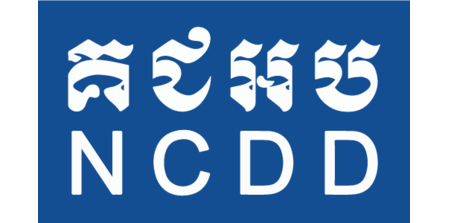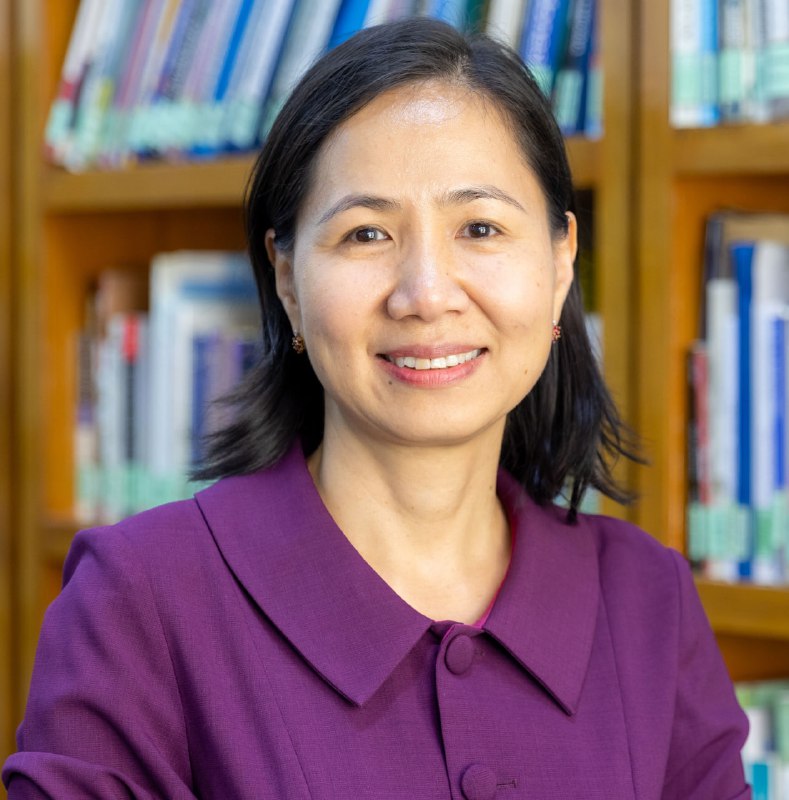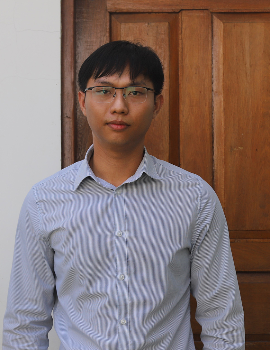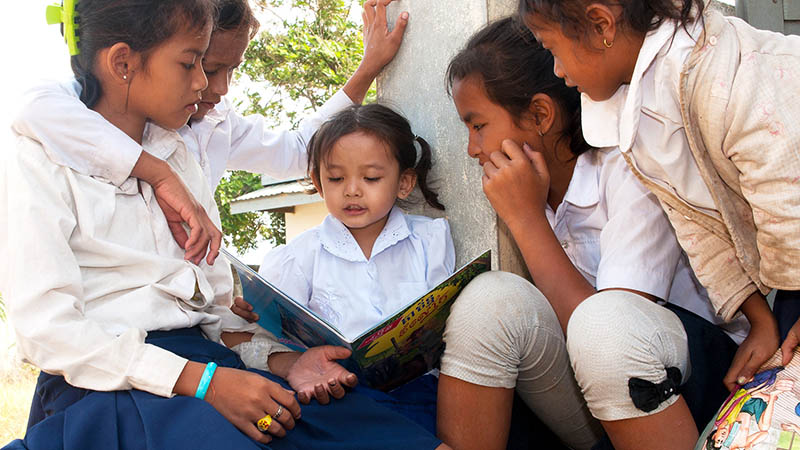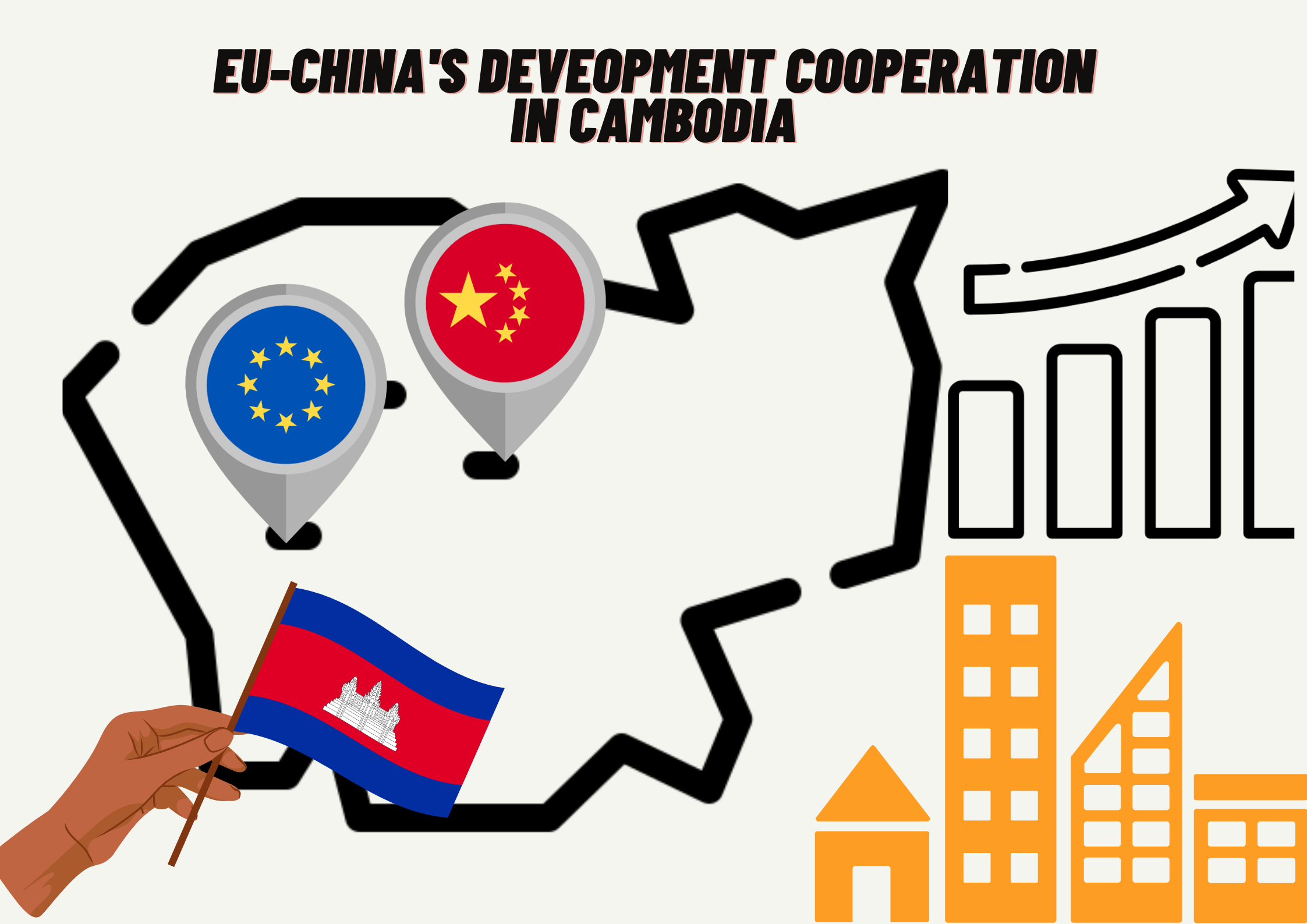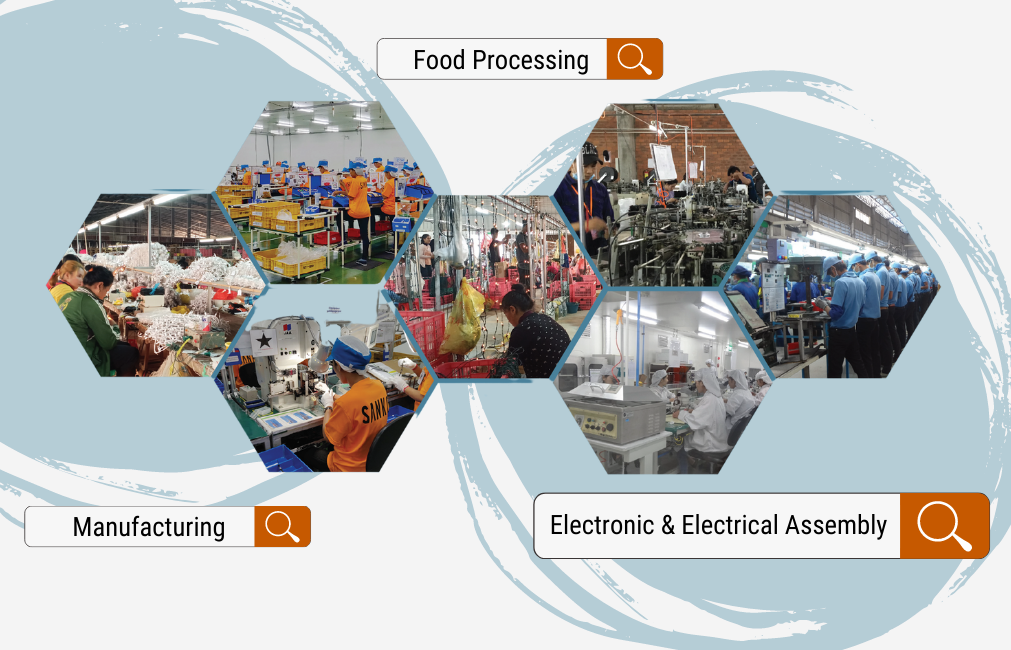Governance and Inclusive Society
Local Leadership in Cambodia
Start Date: 01/09/2020
End Date: 30/06/2021
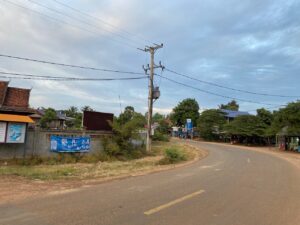

Project Objective
The research contributes to understanding how and why attitudes to leadership change over time in periods of economic transformation. It will provide important context-specific findings to inform government and non-government strategies for improving the quality of democracy and political engagement at local level in Cambodia.
Project Description
Since the end of the war, Cambodia has undergone significant social, economic and demographic change as well as governance reform. In 2002, the first local elections of the post-war era elected local government councils. This study repeats an ethnographic study previously conducted by CDRI in some Cambodian communes in 2007, to establish how leadership in rural Cambodia has changed in the intervening 12 years.
The previous study found that commune leaders had been in position since the early 1980s and we expect that generational change will have taken place. This may reflect broader socio-economic and political changes in Cambodia, including rapid private sector expansion, increased presence of NGOs in rural areas, and dramatic widening of access to information via internet and social media. Further governance reform since 2007 has redirected power away from communes to the district level of government, one level up.
The ethnographic approach of the repeat study will permit attention to how these dynamics have affected the types of leaders found, attitudes of villagers towards them, and their own leadership styles and strategies. It will also fill a gap in the previous study by examining the views of young people (aged 18-30), who comprise a third of the population, but whom recent CDRI survey suggests have not been actively engaged in local governance.

